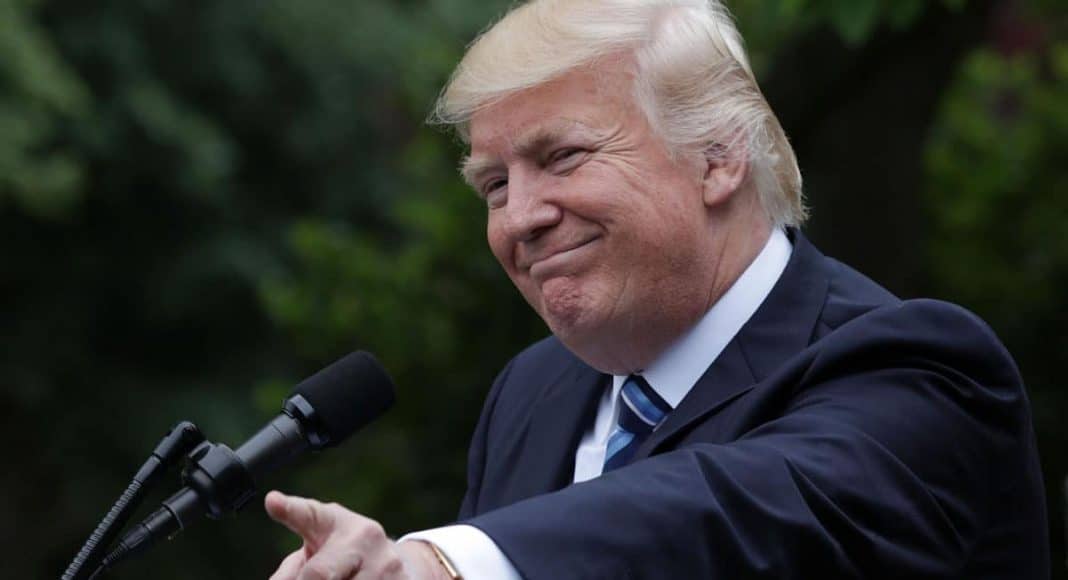As the United States grapples with one of the its largest drug crises in history, the Trump administration on Friday revealed plans to eviscerate the budget of the Office of National Drug Control Policy.
The White House has proposed gutting the budget of the so-called drug czar’s office nearly 95 percent, from the current $388 million to $24 million. According to a memo from the White House Office of Management and Budget, up to 33 employees will be axed — nearly half the staff.
As a presidential candidate, Donald Trump talked tough on eliminating America’s drug problem and also vowed to invest in programs to battle opioid addiction. Friday’s proposals appear to be a complete reversal.
Since 1999, the rate of overdoses from opiates has quadrupled, according to the Centers for Disease Control and Prevention.
Rich Baum, Trump’s acting drug czar, was disappointed with the plan in an email sent to his staff:
“These drastic proposed cuts are frankly heartbreaking and, if carried out, would cause us to lose many good people who contribute greatly to O.N.D.C.P.’s mission and core activities. I don’t want to see this happen.”
The surprising news comes just one day after Congressman Tom Marino (R-PA) withdrew his name from consideration as Baum’s replacement.
-
Related Story: Trump’s Nomination Of Tom Marino As Drug Czar Nixed
Among the programs being slashed are the High Intensity Drug Trafficking Areas (HIDTA) program and the Drug-Free Communities Support Program, which the Trump administration considers to be redundant with other programs.
Only Congress has the power to eliminate the agency, but the president has the ability to propose cutting its budget down to the core. The proposal has advocates on all sides of the drug policy fight baffled.
Grant Smith, deputy director of national affairs with the Drug Policy Alliance, took aim at Trump’s motivation. “The reality is that ONDCP is an agency in dire need of reform. Under Michael Botticelli, during Obama’s second term, the agency made progress in terms of seeing drugs as a public health issue, not a criminal justice issue,” Smith said.
“But we know that Trump and [Attorney General Jeff] Sessions are keen on escalating the war on drugs, so there is a real fear that ONDCP will be used as another tool to prosecute this failed drug war – as it was under Bill Clinton and both Bush presidencies. If that was the plan for ONDCP, then we would rather see it eliminated. The HIDTA and Drug Free Communities grant programs, run by ONDCP, are a phenomenal waste of money that contribute to the incarceration and stigmatization of drug users, so their elimination is a welcome move.”
Kevin Sabet, head of Smart Approaches to Marijuana, a leading anti-legalization organization, also expressed concern. “It felt like a sucker punch in the face,” he Sabet told the New York Times.
Earlier this year, Trump appointed his son-in-law, Jared Kushner to run a White House Office of American Innovation, which will examine drug policy issued among many other initiatives. Also, Trump tapped New Jersey Gov. Chris Christie to head a commission on the opioid crisis.


